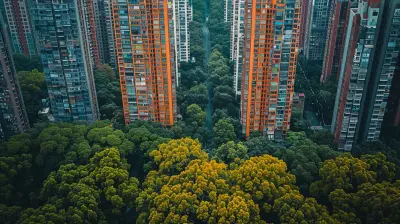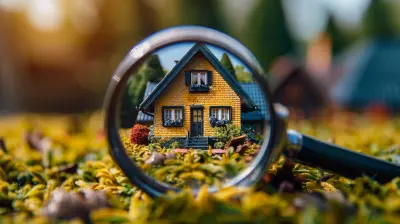What to Consider When Buying a New Construction Home
3 June 2025
Buying a new construction home is often like playing the lottery, except the stakes are much higher, and you can’t just pick another ticket if you lose. Sure, it’s exciting! Who wouldn’t want a brand-new home that no one else has lived in before? But let’s pump the brakes for a second because this isn’t a decision to make lightly. There’s a lot to consider before signing on the dotted line, and if you’re not careful, your dream home could turn into a nightmare faster than you can say “builder warranty.”
So, what exactly should you be thinking about when buying a new construction home? Let’s break it down step by step like we’re building a house of knowledge—foundation first, roof last.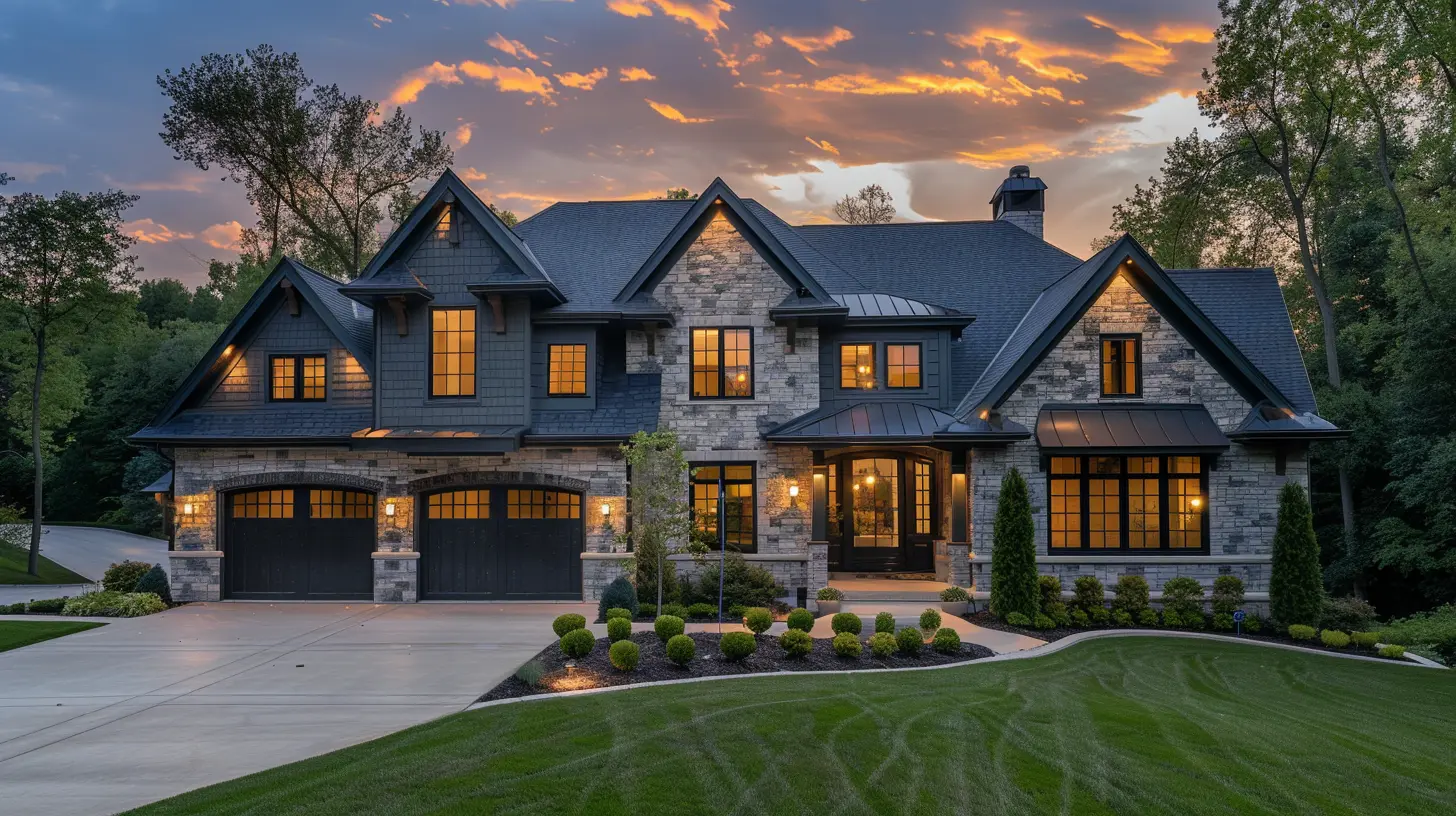
1. Location, Location, Location
You’ve heard it a million times, but it can’t be overstated: location is everything in real estate. A shiny new home isn’t going to fix a crummy location. Before falling in love with the sparkle of fresh countertops and flawless drywall, take a serious look at the neighborhood.- Commute and Accessibility: How far is it from your work, schools, grocery stores, or your favorite Friday night pizza spot? If you’re driving an hour just to grab a carton of milk, that might be a deal-breaker.
- Future Development Plans: Research the area’s future. That peaceful open field behind your backyard might be a strip mall in five years. No one wants to sip coffee to the soundtrack of construction trucks.
- School Districts: Even if you don’t have kids, good school districts keep property values stable. It’s an investment in your home’s future.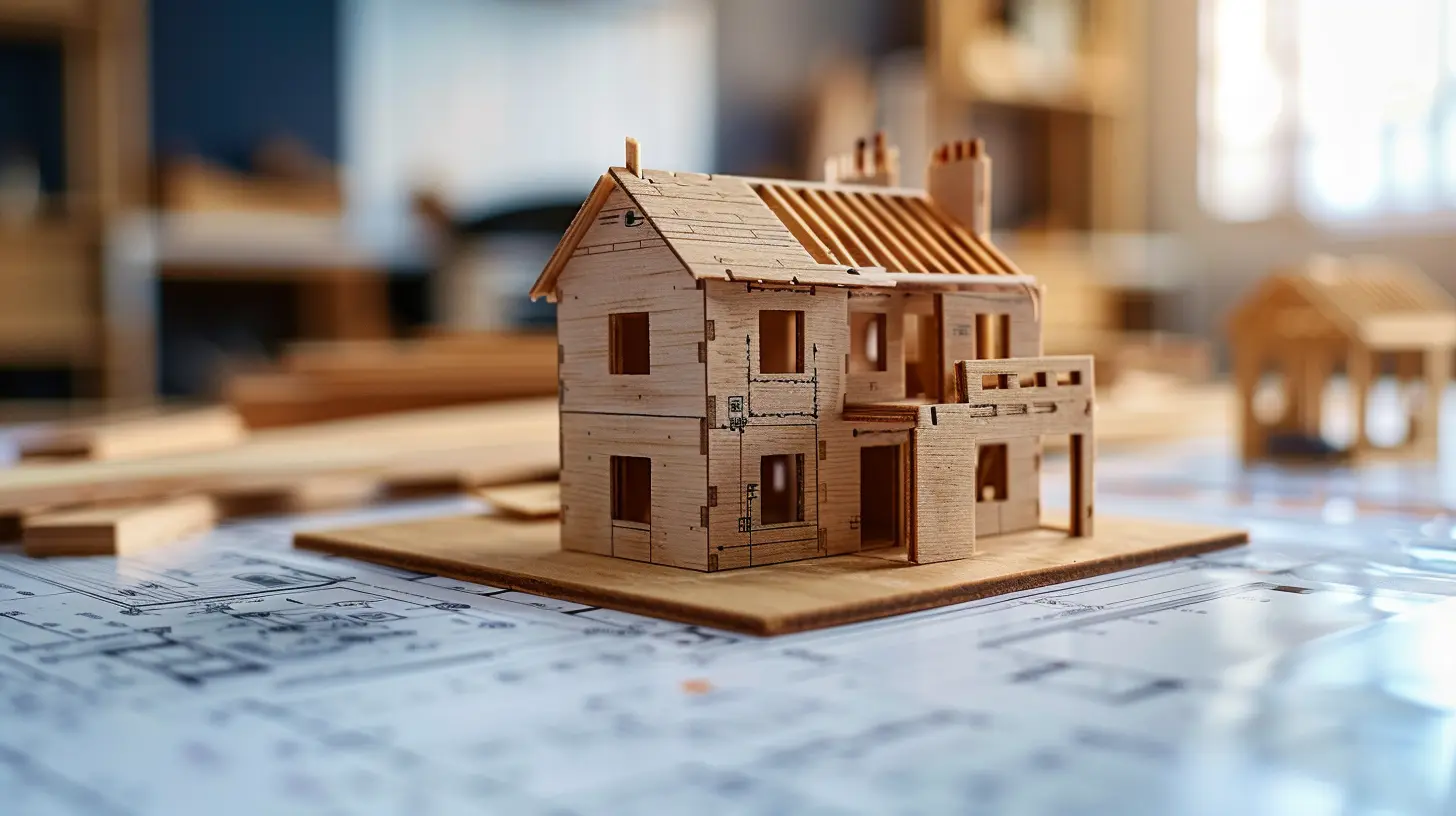
2. Builder Reputation Matters—A Lot
Not all builders are created equal, and some have better reputations than others. Imagine a restaurant known for its lousy food—why would you eat there? The same goes with builders.- Do Your Homework: Read online reviews, talk to previous buyers, and dig into the company’s track record. Have they been involved in lawsuits? Are people happy with their homes?
- Quality Over Flash: Some builders will sell you on fancy upgrades but might skimp on the basics. Focus on build quality, not just shiny bells and whistles.
- Warranty Options: Make sure the builder offers a solid warranty. If something breaks within the first year, you’ll want it covered.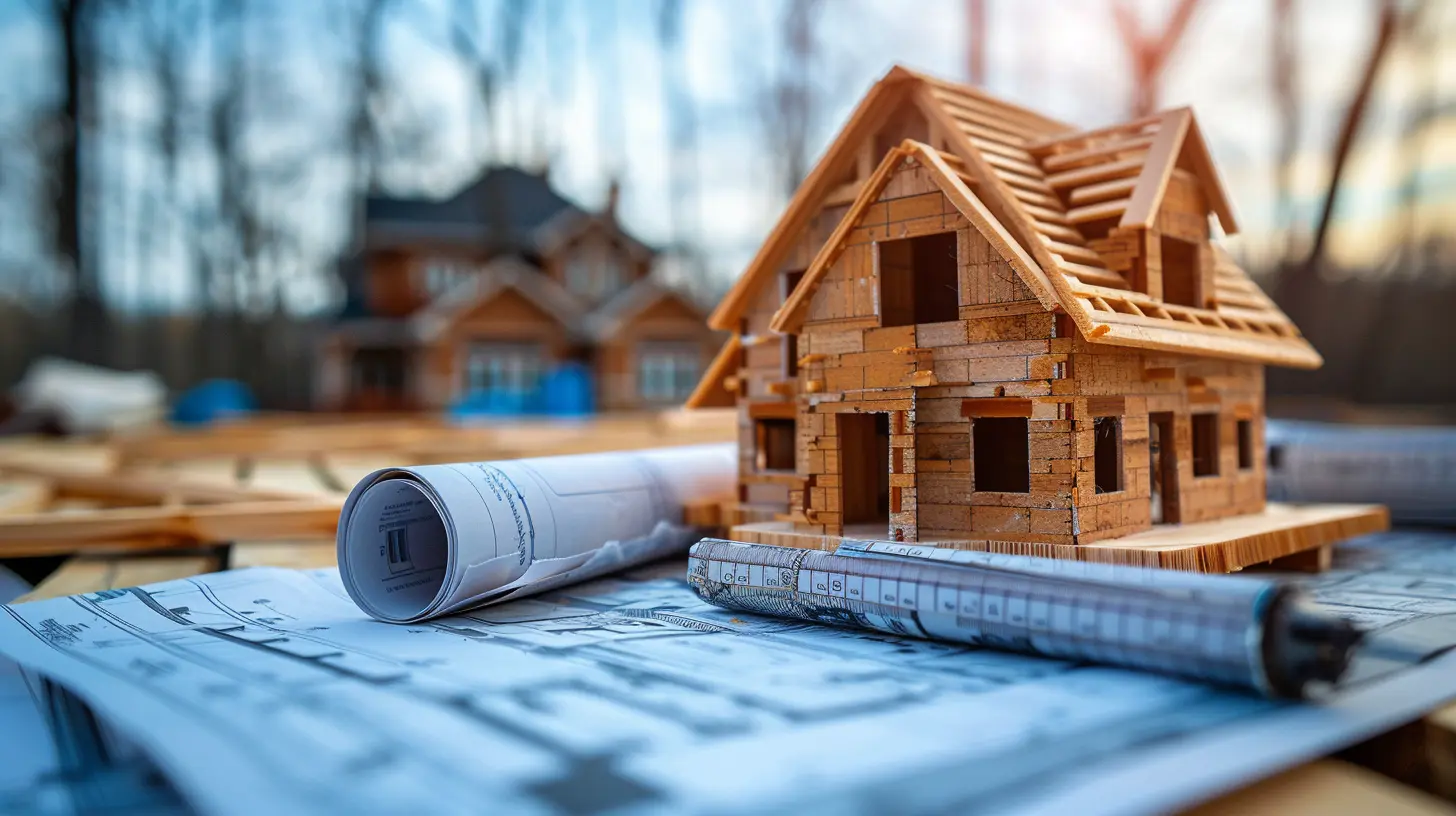
3. Understand What’s Included (and What’s Not)
Here’s the thing: those model homes are designed to seduce you. They’ve got every upgrade possible—probably even heated towel racks—but the base model might be a completely different story. Don’t assume everything you see is what you’ll get.- Standard vs. Upgrades: Find out exactly what’s included in the base price. Those quartz countertops? Might be extra. That fancy rain shower? Yeah, probably an upgrade.
- Customization Costs: If you want to make changes, like adding bigger windows or a finished basement, ask upfront how much it will cost.
- Landscaping: Does the home come with a landscaped yard, or will you be staring at a patch of dirt for months? Grass isn’t cheap!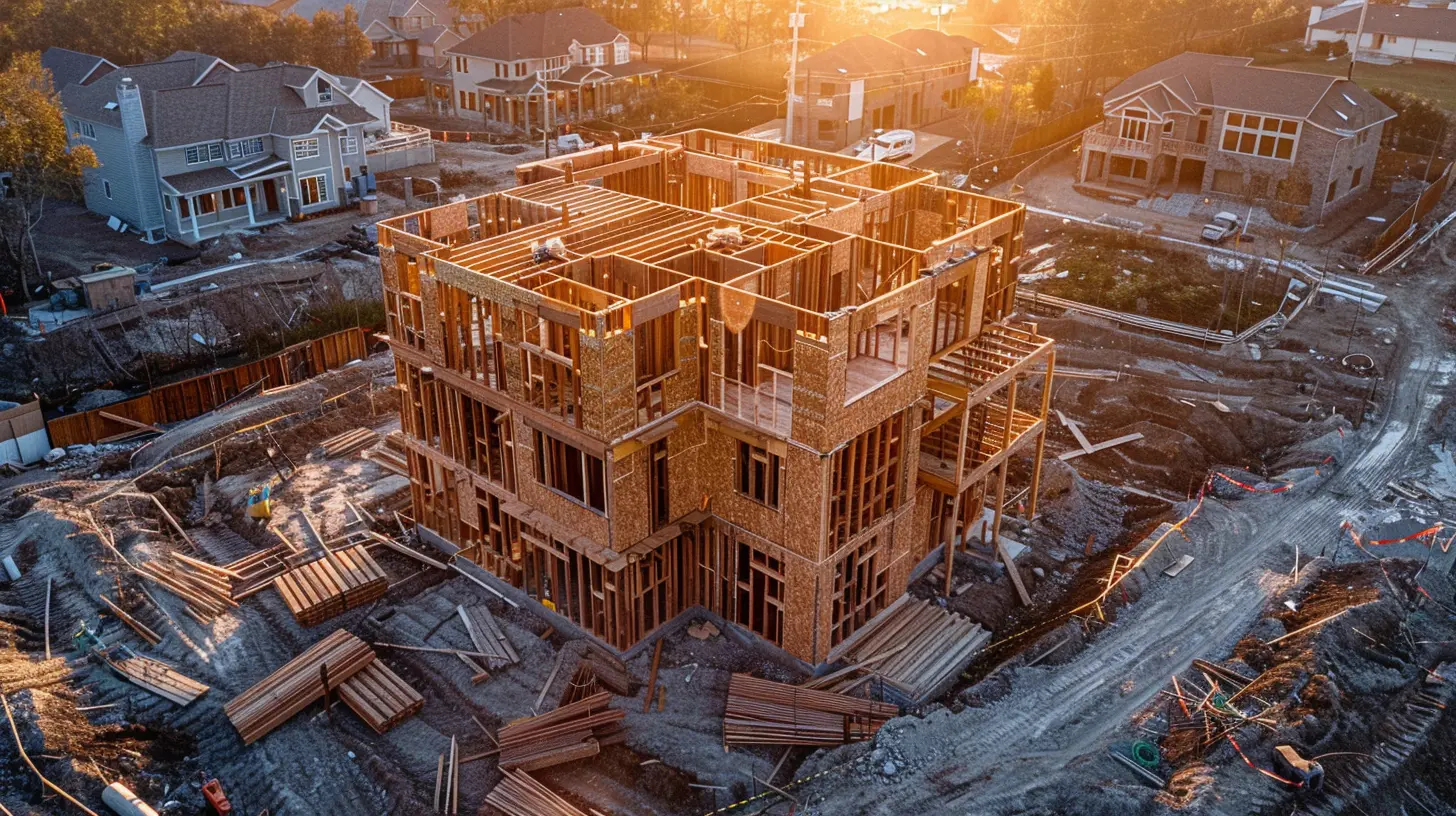
4. Timing is Everything
Buying new construction isn’t like buying a resale home, where you can usually move in within 30-60 days. Building a house from scratch takes time—sometimes a lot of it. Can you wait that long?- Construction Delays: Weather, supply chain issues, or labor shortages can all slow down construction. Be prepared for possible delays.
- Selling Your Current Home: If you’re selling your current home, you’ll need to time it right. No one wants to be homeless between moves—or worse, pay for two places at once.
- Temporary Housing: Will you need short-term housing while waiting for your new home? Budget for that, too.
5. Hidden Costs Can Sneak Up on You
Everyone talks about the sticker price, but let’s be real: there’s a parade of extra costs waiting to ambush you. If you’re not prepared, your wallet might be in for the shock of its life.- HOA Fees: Many new construction homes are part of homeowners associations (HOAs). Know the monthly fees and what they cover.
- Closing Costs: New construction homes often have higher closing costs than resale homes. Plus, builders might require you to use their preferred lender or pay extra fees.
- Taxes and Utilities: Newly developed areas might have higher property taxes or special assessments. Utilities may also take time to set up and could cost more initially.
6. Inspections Aren’t Optional
Yes, it’s a brand-new home, but that doesn’t mean it’s perfect. Builders are human, too, and mistakes happen. Skipping an inspection is like buying a car without test-driving it—huge risk.- Hire an Inspector: Don’t rely solely on the builder’s inspections. Bring in your own independent inspector to catch any issues.
- Phased Inspections: Consider inspections during different phases of construction—foundation, framing, and final walkthrough.
- Punch List: Before closing, walk through the house with the builder and make a list of anything that needs fixing. This is your chance to spot sloppy paint jobs, improperly installed fixtures, or uneven flooring.
7. Financing Can Get Tricky
Here’s where things can get a little complicated. Financing a new construction home often works differently than buying a resale home.- Builder’s Lender vs. Third-Party Lender: Builders often push their in-house lenders, but shop around. You might find better rates elsewhere.
- Construction Loans: If you’re building from the ground up, you may need a construction loan, which has different requirements than a traditional mortgage.
- Locking in Rates: Interest rates can change while your home is being built. Some lenders allow rate locks, but it might cost you.
8. Don’t Overlook Resale Value
You might be buying this home with the intention of living there forever, but the reality is that life happens. Job changes, family expansions, or just a desire for something new could mean selling your home down the road.- Beware of Over-Customization: While that giant aquarium wall might seem like a great idea, it could make your home harder to sell later.
- Neighborhood Growth: Is the area gaining value, or is it likely to stagnate? You want your investment to appreciate over time.
9. Be Ready for the Emotional Rollercoaster
Buying a new construction home can be thrilling, but it’s also stressful. Delays, unexpected costs, and endless decisions can take a toll.- Patience is Key: Things won’t always go as planned, and that’s okay. Keep your eye on the prize.
- Document Everything: Keep records of all communications with the builder, contracts, and changes. It’s your safety net if things go south.
- Don’t Settle: If something feels off or you’re not getting what was promised, speak up. This is your home, not theirs.
Final Thoughts
Buying a new construction home is an experience like no other. It’s a chance to create something that’s entirely yours, from the layout to the finishes. But it’s also a process that requires careful planning, research, and a whole lot of patience. Remember, this isn’t just a house—it’s your home, your sanctuary, and your biggest investment. Take your time, ask questions, and don’t let anyone rush you into a decision.all images in this post were generated using AI tools
Category:
Residential Real EstateAuthor:

Lydia Hodge
Discussion
rate this article
3 comments
Niva Carrillo
New homes: where walls whisper secrets of eternity!
June 15, 2025 at 12:35 PM

Lydia Hodge
Thank you! It's fascinating how every new home holds the potential for countless stories and memories waiting to be made.
Kenzie Bennett
Don't just buy a house; invest in a lifestyle—choose wisely and thrive!
June 10, 2025 at 3:41 AM

Lydia Hodge
Absolutely! When choosing a new construction home, consider not just the property itself but also the surrounding amenities, community vibe, and future growth potential to truly enhance your lifestyle.
Emmett Baker
Great insights in this article! It's so important to consider factors like location, builder reputation, and future resale value when buying a new construction home. I appreciate the thoughtful advice for potential homebuyers navigating this exciting journey.
June 4, 2025 at 3:32 AM

Lydia Hodge
Thank you! I'm glad you found the insights helpful. Best of luck in your homebuying journey!
